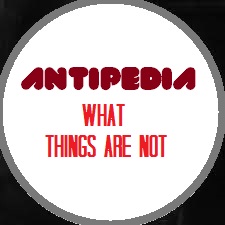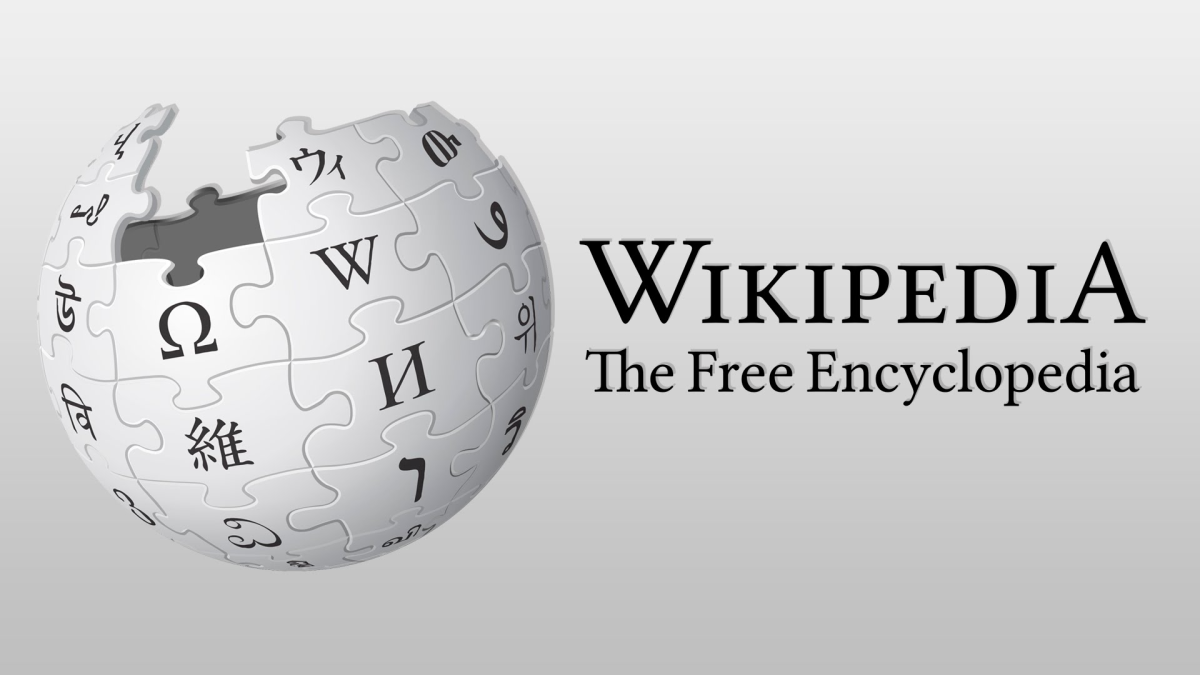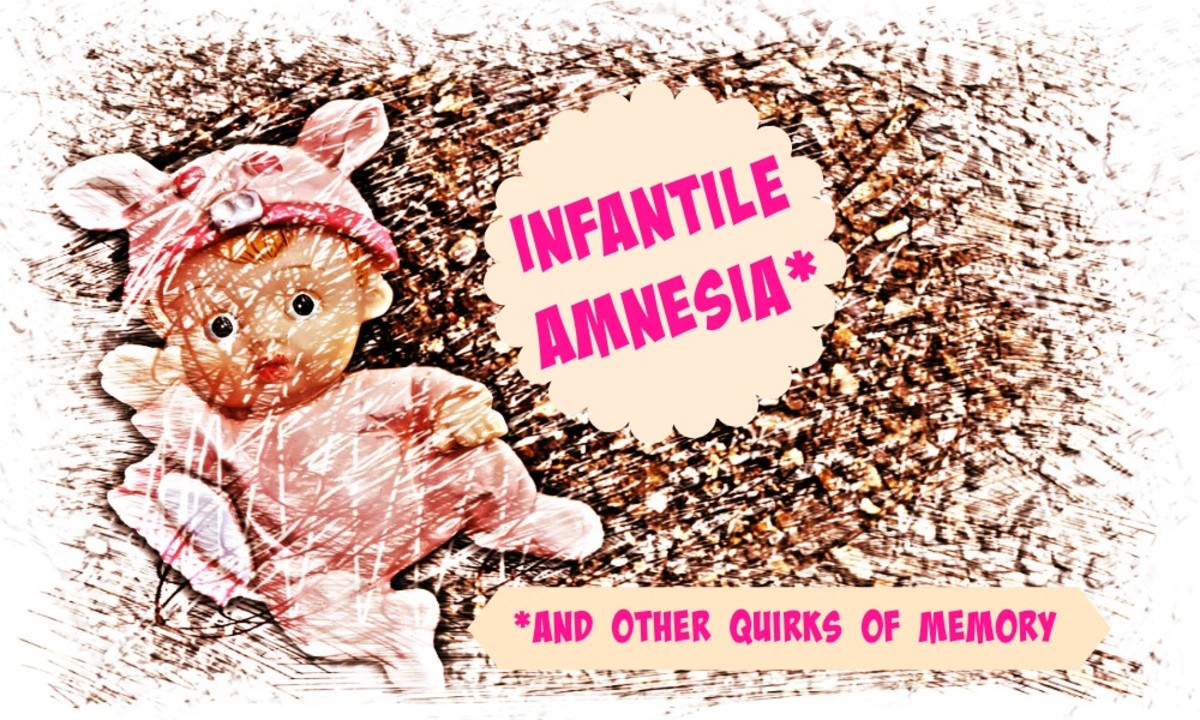Antipedia – The Reverse Encyclopedia
What is Antipedia?
A compendium of what, things are not.

What it Does
If you are searching for new facts for, or are trying to adopt, a new concept, the information available all around in places like Wikipedia, is not enough. For, though such sources are capable of providing adequate information when it comes to things outside of us, the essential data regarding its unsuitability is not sufficiently given, without which, it is impossible to conduct any form of integration, however temporary. Some such arrangement, needless to say, is indispensable before we try out anything. Antipedia could be envisaged as an exhaustive collection of data regarding, how ineffective something is. Incorporating modern Internet tools like a search engine and hyperlinks, it can be designed to search for inabilities or limitations quickly.

(This will have a significant effect on the way we think and act. If we look at anything, closely, much of our efforts are in fact, used for correcting things we overlooked in our earlier attempts, or undoing the inappropriate things we happened to do. And that can change, when we don’t ‘overlook’ things, as a routine.)
To make Antipedia work, everyone has been empowered to edit it. You can view revision history, discuss the current state, or learn how to make changes yourself. This open, inclusive process is expected to make Antipedia quite user friendly.
To illustrate the likely final product, let us examine the Antipedia entry, and its practical use, for the well known aphorism, unity is strength. Specifically in relation to living objects, more so, as it applies to humans, Antipedia will flag this proverb as something greatly harmful, especially for things with life..

A sample entry
“Unity is strength: This aphorism needs to be re-examined. Let us start with a rather simpler form of life, a plant. Imagine we are sowing a group of seeds. On germination, if we plant these suitably dispersed with plentiful availability of essential needs like sunlight, water or other nutrients, the seeds shall grow into healthy plants or trees that provide a good yield. We know, otherwise, the lack of the basic needs shall cause the plants’ growth to be stunted and shall give rise to unhealthy trees, greatly affecting the yield.
Something similar happens when we approach the question of breeding and caring for farm animals too. The size of such farms, its location, physical composition as well as the techniques employed, is guided by such principles. Here also, sufficient importance is ascribed to provision of adequate free area or space for each animal to grow unhindered. Making arrangements for plentiful sunlight, fresh air and other natural amenities take a prime position.
But when it comes to human life, we somehow are deviating from such examples of good logic. Not only that the methods adopted to nurse human babies deviate from the sound techniques, say of our farms, but also the human parents are showing a clear affinity towards techniques and patterns that are restrictive in nature, even when those are detrimental to happy growth. We conveniently forget a fact: it is possible that our incorrect approach to nursing our children is what has caused human babies to be so dependent on the elderly, for their survival. That too for prolonged periods. Rather than feeling happy about it, as another facet of human uniqueness, we should have been searching for an answer.”
Do you Agree?
Humans are Making too many Mistakes

Assume that we searched all sides of this proverb we could be aware of, before we chose to adopt it in our life. We then went on with ‘unity is strength’ as a rational maxim, especially in human affairs, missing to see the doubtful. Why did we happen to adopt such a careless attitude? That too with no qualm of overlooking all its ill effects? There must have been a reason. Either ‘unity’ enabled us in achieving something great, which we now know is not true, or it empowered us to delay or avoid something inconvenient, which, we need to examine. And the need would have been urgent and unavoidable. However, had any information been readily available regarding the ill effects, not only that we would not have adopted this maxim, but also another more appropriate adage would have taken its place. Homo sapiens would have had a different life, perhaps all other beings too.
..And What it Does
In short, had something like Antipedia been available with our forefathers, we would not have been facing most of the ills we continue to face, be of wars, pestilence, disease, or death. Or the ignominy (Which we however celebrate as humans’ jump ahead!) of correcting all that our forefathers did, at routine intervals! And the propensity to be content about it, reading these as signs of an advanced life.








